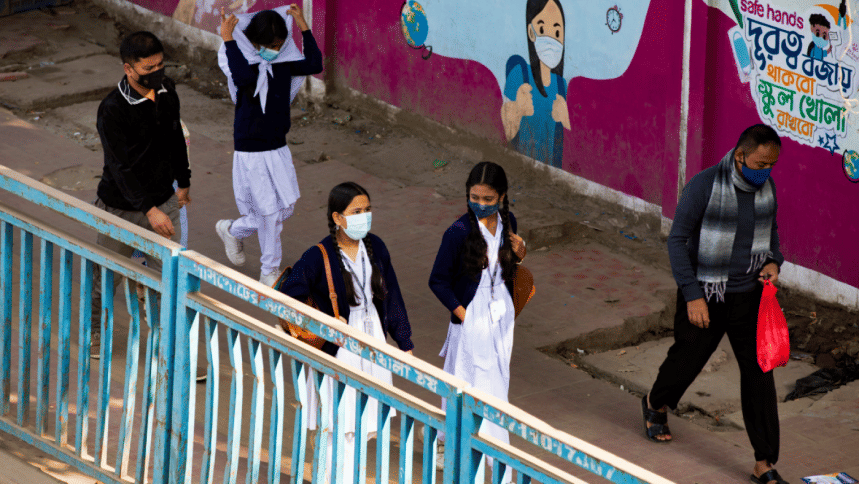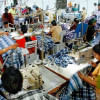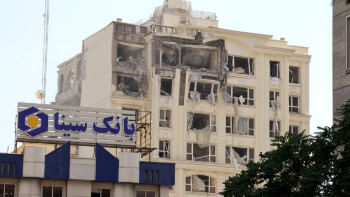Why are we back to online classes?

As the Omicron variant wreaks havoc in the country, we the students are back to being locked back in with our devices doing online classes. The government's announcement that schools will be closed till February 6, later extended to February 20, was met with mixed reactions.
Despite its necessity, this decree represents a double-edged sword. Students are still reeling from the academic losses of the previous one and a half year closure. The risk of falling behind academically even further, along with the already expansive learning gap, makes the closure even more overwhelming for most.
Online classes and remote learning, forcibly being used as a substitute, often fail to deliver on the level that in-person classes do. In my opinion, nothing beats the traditional board-and-marker classroom learning experience. Teacher-student interaction is simply not the same through our screens.
As we come to terms with another delay in school opening, the return to normalcy is in danger of being halted in its tracks. This might make students socially disconnected— with their world existing in smartphones and the internet only. A detached youth will probably not be able to express their talents proficiently.
Of course, the safety of the youth should be the priority first and foremost and the government's drive to vaccinate students is well underway. We must not forget vaccines do not offer complete protection even after both doses and many school-going students are yet to receive both doses.
However, why have only schools and colleges been closed? The Dhaka International Trade Fair (DITF), Bangladesh Premier League cricket, shopping malls and amusement parks were allowed to be open. With schools closed, many children are instead flocking to such places, many under the illusion that they are safe.
Additionally, children were also seen going to the Shishu Park in Chattogram. The photos doing the rounds online don't paint a pretty picture – people with their children roaming around, social distancing barely being practised and many not even wearing masks.
This is not to say schools are the safest places on earth. There have been instances of positive Covid tests among teachers, students and staff in various schools, resulting in those classes or schools temporarily closing.
Keeping schools functioning against this backdrop would have been tricky since our overcrowded classrooms lack adequate resources to properly maintain health and social-distancing guidelines. But in this context, we have been presented with an intriguing food for thought: wouldn't the students be safer in schools, academically active at a place where guidelines could actually be upheld strictly by authorities?
Inqiad has 'got a pain in his heart and a love in his soul' to put it in an artistic way. He is found deep in thoughts at [email protected]

 For all latest news, follow The Daily Star's Google News channel.
For all latest news, follow The Daily Star's Google News channel. 








Comments